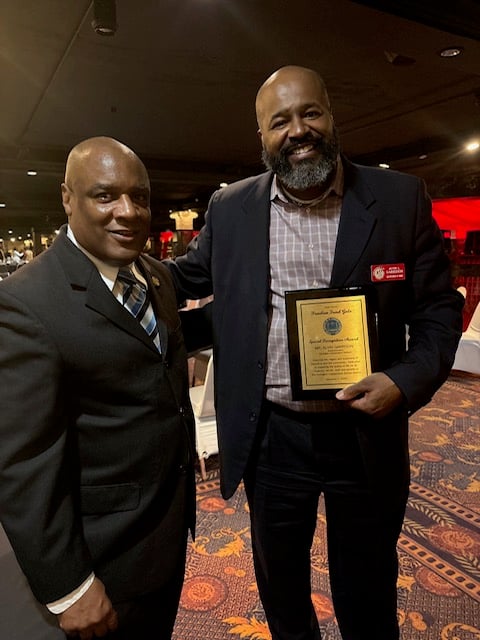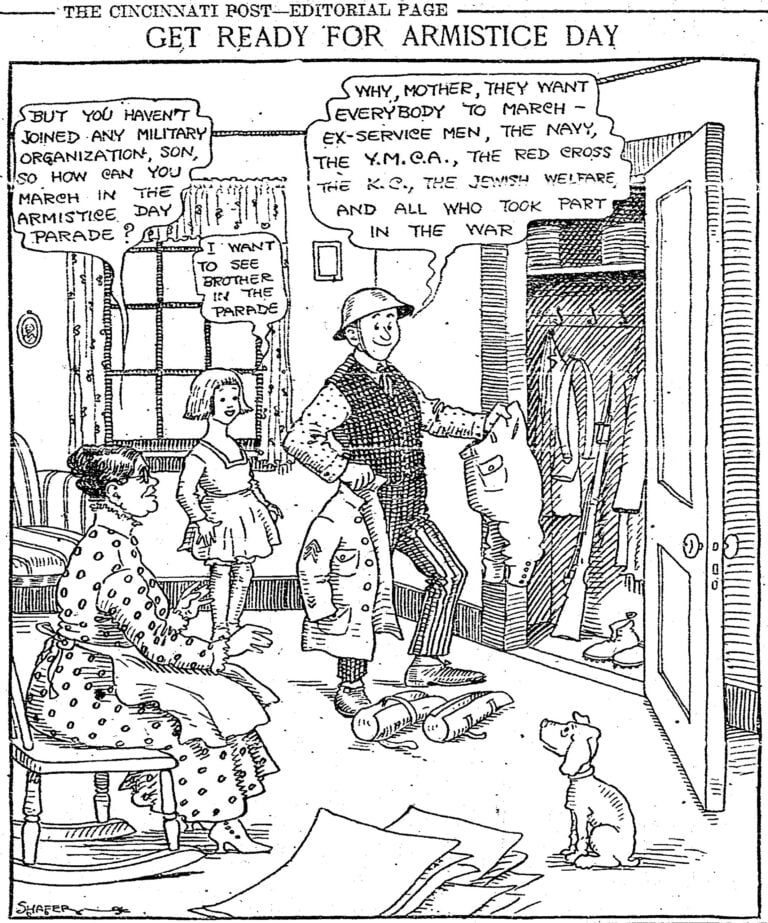A consultation between a woman seeking an abortion and a health care provider would have to occur during an in-person meeting or through real-time video conferencing under a bill approved by the state House of Representatives.
The video conference option was added to Senate Bill 4 by the House Health and Welfare Committee shortly before the bill cleared the House on a 92-3 vote.
Only in-person, face-to-face consultation would have satisfied the state’s informed consent requirement under the original bill, sponsored by Sen. Julie Raque Adams, R-Louisville, which the Senate approved by a 32-5 vote last week.

SB 4 now returns to the Senate for consideration of the House changes.
Kentucky law already requires information be provided at least 24 hours before an abortion, but that information is often given over the phone, say supporters of SB 4.
House Minority Leader Jeff Hoover, R-Jamestown, who successfully moved for passage of a floor amendment to correct an error in the bill before the House floor vote, said that moving SB 4 through the process “has been a battle.”
“It’s a tough issue for a lot of people. Many people believe very strongly on both sides of the issue,” said Hoover. “To be singled out as we are many times for particular issues from those who oppose our point of view—that’s not an easy thing to do. But there are good people with strong principles on both sides of this issue.”
House Speaker Greg Stumbo, D-Prestonsburg, called SB 4 a “remedy” that would allow women to receive information without creating an additional financial burden on them at an already difficult time.
“If you believe that (the informed consent law) hasn’t been adhered to because … information is given electronically via telephone… then this is the way to remedy that, and it’s a way to remedy it in a manner that’s fair to people that live all across Kentucky,” said Stumbo.
CPR legislation approved by Senate
A bill that would require public high school students to learn CPR passed the state Senate by a 32-6 vote.
Senate Bill 33 as amended would require CPR be taught in physical education, health or junior ROTC classes in either ninth, 10th, 11th or 12th grade. Bill sponsor Sen. Max Wise, R-Campbellsville, said at least one emergency medical service employee in all of Kentucky’s 120 counties has volunteered to conduct the training.
“We don’t know when one of us is going … to be called upon to save someone’s life,” Wise said while a contingent of visiting EMS employees looked down from the Senate gallery. “Learning a basic skill like this could possibly help do such a thing.”
He said that each year nearly 424,000 people will have sudden cardiac arrest outside of a hospital and only 10 percent of those victims will survive. When a CPR trained bystander is nearby, these victims’ survival rates double to triple.
Sen. Stephen West, R-Paris, explained that his “no” vote wasn’t because he was against CPR training. He said some school superintendents in his district have concerns about the legislation.
“In an area of reduced funding and paperwork to me, to them, it was another unfunded mandate to put on them,” West said, adding that it’s already taught in many schools.
Wise responded by stressing the training will be provided free of charge, and that 27 other states have a similar law. SB 33 now goes to the state House of Representatives for further consideration.
Spousal benefits bill clears committee
Spouses of deceased Kentucky public school teachers could remarry without losing survivor benefits from the state teachers’ retirement system under a bill passed by the House State Government Committee.
“If this bill were to pass, if they were to go ahead and get married, they would not lose their spouse benefits. And I think that’s only fair because their spouse paid into the system,” said House Bill 172 sponsor Rep. Rick Nelson, D-Middlesboro.
There are now 459 surviving spouses receiving Kentucky Teachers’ Retirement System (KTRS) survivor benefits who would lose those benefits if they remarry, said KTRS General Counsel Robert Barnes. The average monthly benefit drawn per individual is $1,777, he said.
While the system has not tracked those who have lost survivorship benefits due to remarriage before 2015, Barnes said retirement survivor benefits were revoked in two cases last year because the surviving spouses remarried. The revocation of those benefits, he said, cost the surviving spouses a combined $7,000 a year.
“It would appear historically that the cost of this bill would be pretty minimal,” said Barnes, adding true actuarial analysis is pending.
Rep. Brad Montell, R-Shelbyville, said he thinks “it’s a shame that we do encourage folks to remain single even though they do wish to marry” but that the bill may need a qualifier for retaining benefits, perhaps based on length of marriage to the deceased spouse. “Maybe we can talk about some kind of qualifier to make sure the late spouse was a lifelong companion, but I think it’s a good bill,” he said.
HB 172 now goes to the full House for consideration.
From LRC Public Information





















